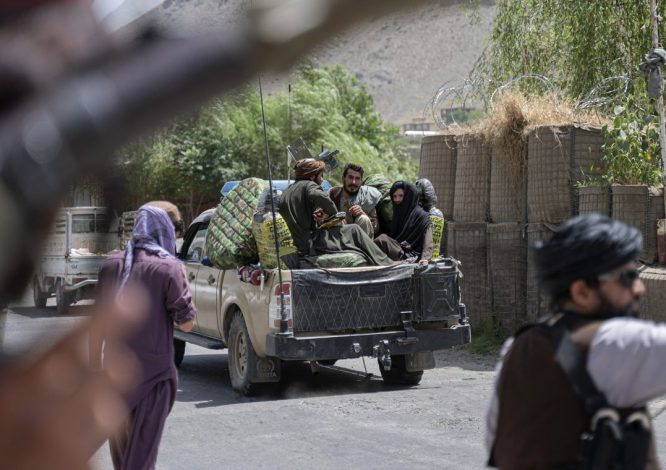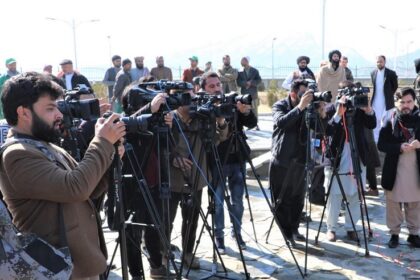RASC News Agency: A growing sense of alarm has gripped the residents of Panjshir Province in recent months, driven by a troubling increase in civilian deaths linked to the reckless operation of Taliban military vehicles. Eyewitness accounts and local reports indicate that, since the beginning of the current year, five separate vehicular incidents have claimed the lives of four civilians and left at least two others gravely injured. These tragedies are overwhelmingly attributed to the high-speed, undisciplined driving of Taliban Rangers vehicles operated by a force that exhibits neither professional training nor public accountability. While negligent behavior by security forces poses a danger in any nation, under the Taliban’s rule, the risks are exponentially magnified. The group’s disdain for civil order, its lack of legal transparency, and its entrenched culture of impunity have created a system in which ordinary Afghanistanis bear the consequences of state-sponsored recklessness with no recourse for justice.
In one harrowing incident, a young child was struck and killed by a Taliban Ranger in the Khinj district while attending a local wedding. Despite local residents intervening to prevent the perpetrators from fleeing, the Taliban invoked their opaque military apparatus to suppress the case. Within days, the bereaved family was summoned before the Taliban’s so-called “military commission,” where they were reportedly subjected to intimidation and coerced into granting ebra a forced and culturally manipulated form of forgiveness used by the Taliban to evade formal prosecution. In a similarly tragic episode, a five-year-old girl was fatally struck by a Taliban vehicle. Despite the family’s determined attempts to pursue legal accountability, they were ultimately pressured both financially and psychologically into dropping the case. These incidents, far from being isolated, illustrate a systematic erasure of victims’ rights under the Taliban regime, where even the most grievous abuses are quietly buried beneath threats and secrecy.
In Onaba district, two motorcyclists were killed instantly when their vehicle collided with a speeding Taliban Ranger. Although the driver was reportedly taken into custody, his fate remains unknown another example of the Taliban’s shadowy and unaccountable handling of internal misconduct. With no independent judiciary or mechanisms for oversight, Taliban personnel involved in fatal incidents continue to operate with complete impunity. Most recently, two schoolchildren were struck near a local educational center by a Taliban Ranger. One remains hospitalized with serious injuries. However, the family reports that, without their consent or involvement in any legal proceedings, the driver responsible was quietly released. Such flagrant disregard for due process reveals a broader truth: in Taliban-controlled territories, even the most basic principles of justice are systematically denied to the populace.
Panjshir residents, increasingly desperate, have attempted to raise their concerns in local forums with Taliban officials. However, their grievances are routinely dismissed or met with derision. In one documented meeting, a Taliban commander reportedly defended the reckless driving of his subordinates by declaring, “Speed and aggression are natural attributes of Mujahideen fighters.” This comment not only trivializes public safety but underscores the Taliban’s enduring militaristic ethos and their contempt for civic governance.cIronically, the Taliban themselves are not immune to the consequences of their own recklessness. In one instance, a Ranger vehicle plunged off a cliff, resulting in the deaths of four Taliban members. Yet even internal fatalities have not prompted a reassessment of operational protocols, further highlighting the group’s entrenched resistance to reform and its perilous reliance on brute force over institutional discipline.
The continued pattern of high-speed Taliban vehicular incidents is more than a series of tragic accidents it is a symptom of a failed governing model. The absence of professional conduct, the nonexistence of civil accountability mechanisms, and the utter devaluation of human life under Taliban rule have turned Panjshir’s roads into corridors of fear and loss. The international human rights community must not remain indifferent. There is a pressing moral and legal imperative to document these abuses, amplify the voices of victims, and demand accountability. As long as the Taliban remain above the law, the people of Panjshir and indeed all Afghanistan will continue to suffer under a regime that refuses to acknowledge or respect the sanctity of human life.






